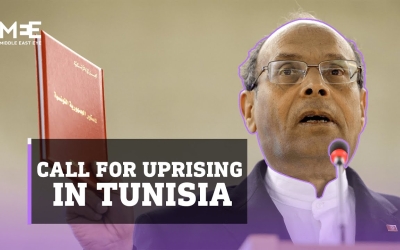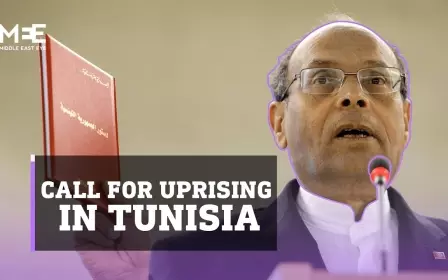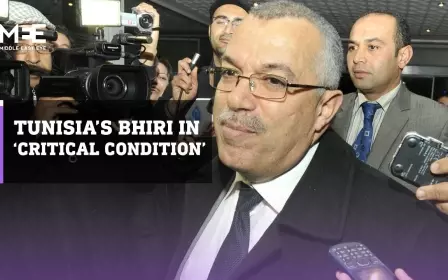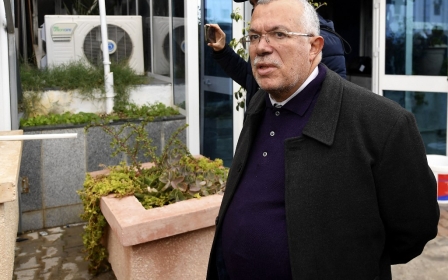Tunisia press union says state TV bars political parties
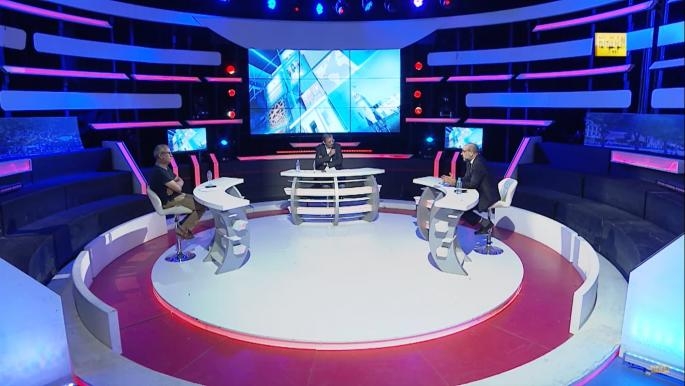
Tunisia's journalists' union said on Tuesday that state television had barred all political parties from entering its buildings or taking part in talk shows since President Kais Saied seized power in July.
Mehdi Jlassi, who heads the Tunisian National Syndicate of Journalists, told Reuters the restrictions were the first since the 2011 revolution that ended the autocratic rule of President Zine El Abidine Ben Ali and introduced democracy.
Saied dismissed the government and suspended parliament in July. Rights groups have since reported a crackdown including the detention of lawmakers.
"Since 25 July, there has been a political decision to prevent all parties from entering television... which is a very dangerous and unprecedented matter that seriously threatens freedom of the press and perpetuates individual power," Jlassi said.
The limits on politicians appearing on state television channel al-Wataniya had previously been noted by some activists and opponents.
New MEE newsletter: Jerusalem Dispatch
Sign up to get the latest insights and analysis on Israel-Palestine, alongside Turkey Unpacked and other MEE newsletters
Denial
Al-Wataniya head Aouatef Sagrouni strongly denied "any political decision to ban hosting parties".
"On the contrary, the main news bulletin, and the only political programme at prime time, covers all parties' activities, with no exceptions," she told Reuters.
Al-Wataniya's main news bulletin has covered protests against Saied.
However, the station has not featured political guests since the July power grab, which Saied claimed was necessary to stop the state collapsing after years of political party feuding and policymaking paralysis.
He has started preparing a new constitution, which he says he will put to a referendum in June.
On Monday, Saied criticised Tunisia's local media, saying they "lie, lie like news bulletins".
Only state media representatives were invited by the presidency to a news conference with the Algerian president last month.
State news agency TAP still issues coverage critical of the authorities and gives space to the president's political opponents, Reuters reported.
Saied originally became prominent as a law professor appearing on media shows to talk about the constitution after 2011.
Middle East Eye delivers independent and unrivalled coverage and analysis of the Middle East, North Africa and beyond. To learn more about republishing this content and the associated fees, please fill out this form. More about MEE can be found here.


